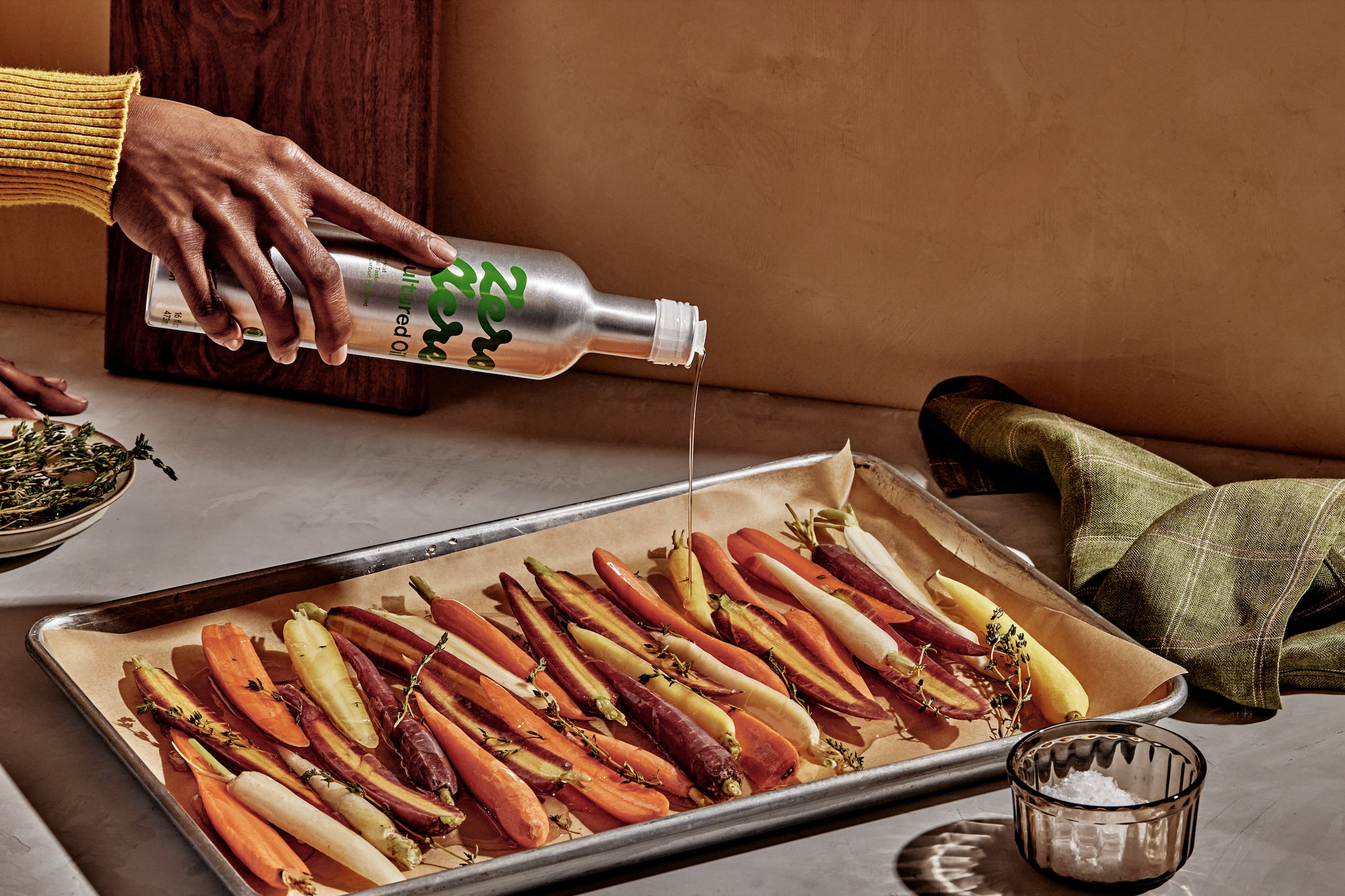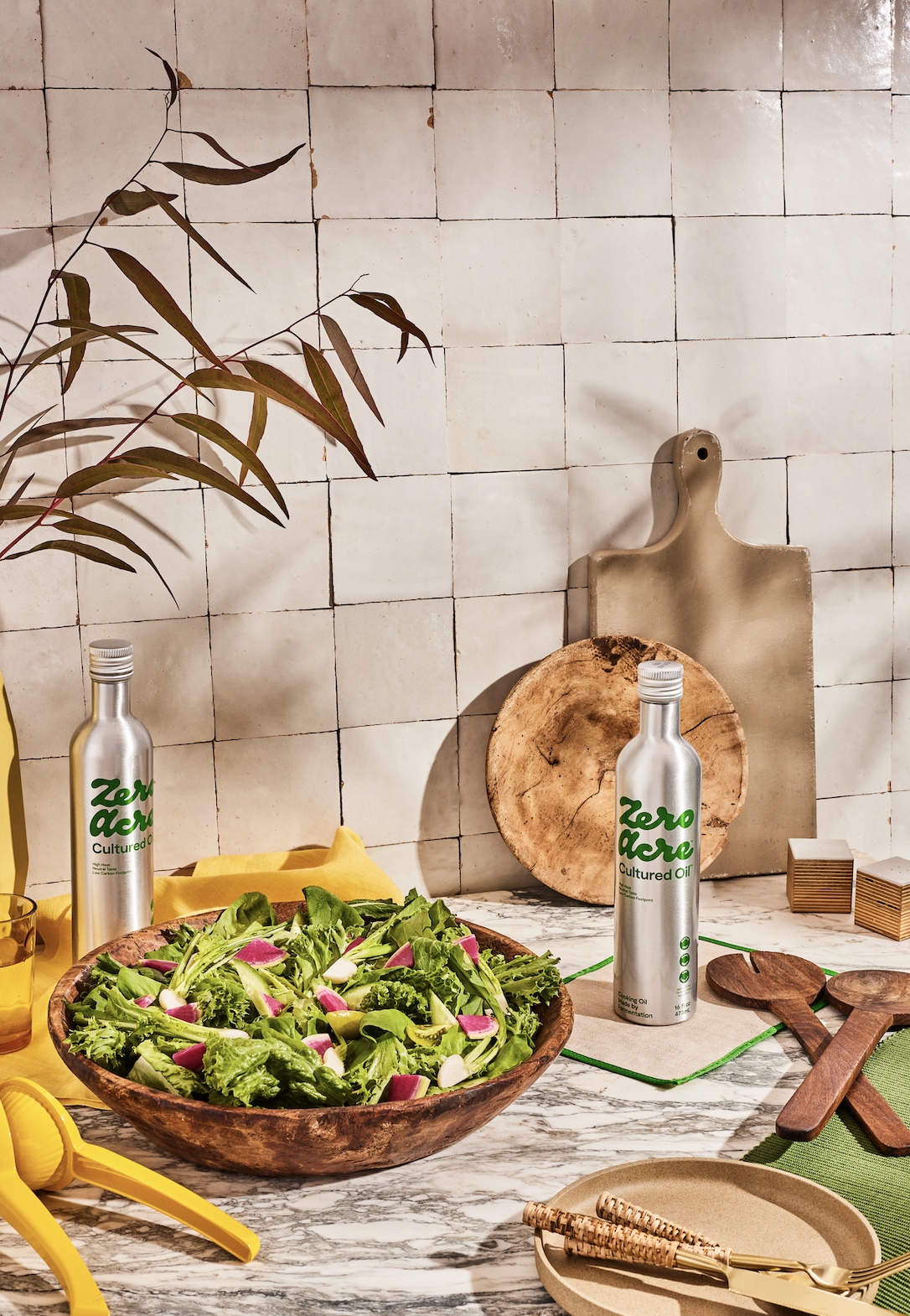
For decades, we’ve been told that vegetable oils are good for us. In the 1950s, research unveiled that the use of saturated fats such as butter and lard led to heart disease. So Westerners switched over to the polyunsaturated fats of vegetable and seed oils—coconut, canola, sunflower, palm, olive and many more. But new research suggests that while these oils are low in saturated fats, most are processed at high temperatures which kill off nutrients and use harsh chemicals resulting in trans fats. Synthetic antioxidants are often added as preservatives, many of which are known carcinogens. These days, oils are linked with obesity, diabetes, autoimmune disease, Alzheimer’s, and, yes, heart disease. On top of this, more land is devoted to growing vegetable oil crops than to all the vegetables, fruits, legumes, nuts, roots and tubers combined, resulting in record rates of deforestation and biodiversity loss. Enter Zero Acre Farms and their Cultured Oil. Made by fermentation, like sourdough or yogurt, it uses 85% less land than canola oil, emits 86% less CO2 than soybean oil, and requires 99% less water than olive oil. It also has a high smoke point of 485ºF, and a neutral taste perfect for everything from sautéing to salad dressings.
—Jane Ratcliffe
How did the idea of creating a fermented oil first come to you?
Looking back on my life, I was always interested in nutrition. In middle school, I remember looking at the sugar content on the back of drinks and snacks, and a decade later, when I lost loved ones to various chronic diseases, I began researching what causes chronic disease and how we can prevent it. As I was learning about what happens when we consume different foods, the problems with seed oils and excess omega-6 fats came onto my radar. The extraordinary rise in seed oil consumption over the last hundred years caught my attention as a potentially significant contributor to the growing problem of chronic illness since dietary fat was already such a controversial topic. Maybe it isn’t a matter of saturated vs. unsaturated dietary fats after all—maybe the issue is the unprecedented levels of linoleic acid (an omega-6 fat that is linked to inflammation) in most people’s systems.
My friend and I started a restaurant (Kitava) that prioritizes healthy food for all diets, from vegan to Paleo to gluten-free—all free from high linoleic acid seed oils. The most challenging ingredient to source was a cooking oil that was not only good for you, but also sustainable and usable for different cooking applications. It would also need to be vegan-friendly as I wholeheartedly believe that every diet deserves low linoleic acid options. This led to the idea that we need an alternative for vegetable oils. We investigated the possibility of scaling other oils and fats, such as olive oil and avocado oil, but those weren’t suitable due to their history of adulteration, environmental impact, and various other factors. Not to mention the fact that, depending on your source, some olive and avocado oils have as much omega-6 fat as canola oil. Ultimately, this all paved the way for bringing Cultured Oil to the market.
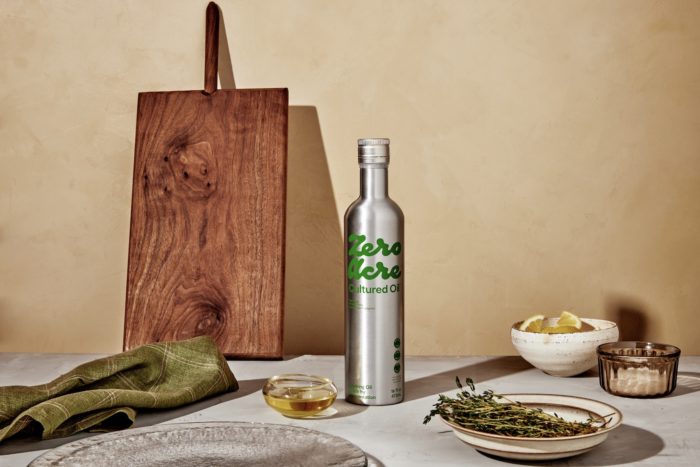
Can you talk us through the manufacturing process?
The fermentation process starts with sugar being fed to an oil culture. An oil culture, like wine, sourdough or yogurt culture, is a community of food-producing microorganisms. Our product development focuses on both microalgae and yeast. The microorganisms in the culture eat the sugar and convert it into healthy fats, primarily monounsaturated fat. Since monounsaturated fat is liquid at room temperature, it is considered an oil. After a few days of fermenting sugar into oil, the culture is pressed and the oil is released, like pressing oil from an olive (no harsh chemical solvents needed). The pressed oil is then separated and filtered.
What were some of the challenges you faced in developing this product?
One of the biggest challenges we’ve faced with this product is figuring out how to describe what it is and how it’s made. The idea of eating an oil that’s made from fermented sugarcane is a novel one for most people, and the words we use to describe what it is, why it’s healthier, and why it’s more sustainable is a constant work in progress!

How does Zero Acre Farms address greenhouse gas emissions?
The four most prevalent vegetable oils alone (palm, soybean, sunflower and canola) emit 1.2 billion metric tons of CO2-eq every year, or about twice the greenhouse gas emissions of all cars in the United States in 2020. By adopting an oil with a low carbon footprint, we can greatly reduce global emissions. Compared to soybean oil—the most prevalent vegetable oil in the U.S.—Cultured Oil emits 86% fewer greenhouse gases. And if just 5% of vegetable oil in the U.S. was replaced with Cultured Oil, we would save 3.6 million metric tons of CO2-eq.
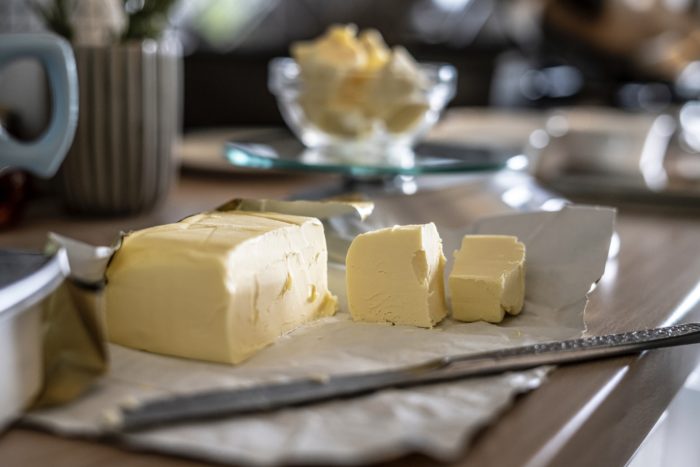
What are your thoughts on the once maligned butter and lard?
From a health perspective, dairy fats such as butter and ghee contain more saturated fat, less monounsaturated fat, and about the same (low) amount of omega-6 fat as Cultured Oil. Lard, however, is typically much higher in omega-6 fat since pigs are fed diets high in grain, seeds and seed oils. Although Cultured Oil is a one-to-one replacement for liquid oils like soybean, sunflower, safflower, canola, and corn oil, it is not a replacement for lard or butter, which are solid at room temperature and in the refrigerator. Cultured Oil doesn’t spread or bake exactly like solid fats and is not a replacement for animal fats or shortenings in recipes. Similarly, butter and lard don’t make for a great salad dressing.
Does Cultured Oil provide the proper balances of omega-3 and omega-6?
Omega-3s are important and essential in a healthy diet, but because they oxidize so easily they don’t make for a great high-heat cooking oil. For that reason, Cultured Oil is intentionally very low in polyunsaturated fats, including both omega-6 and omega-3 fats. The best sources of omega-3 fats are cold water fish and some types of algae, ideally as close to fresh as possible to minimize rancidity and oxidation. Furthermore, one of the best ways to make dietary omega-3 fats more bioavailable is to actually reduce our consumption of omega-6 fats, which is why Cultured Oil contains only 1.5-3% omega-6.
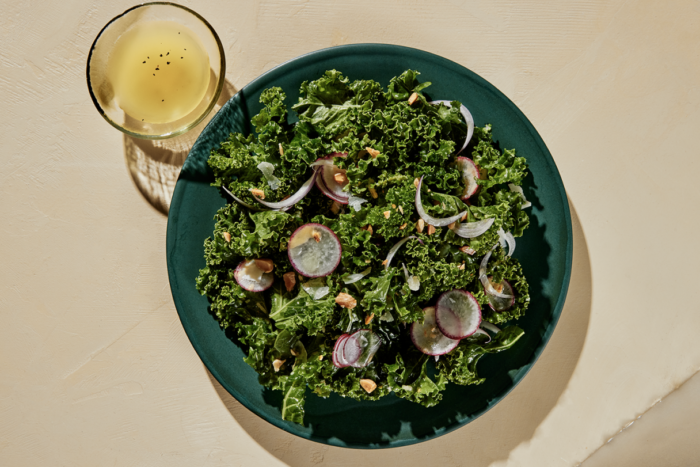
What are the proven health benefits of Cultured Oil?
Cultured Oil is made up of the same fats found in all other foods—the same fats that humans have been eating for hundreds of thousands of years. There are no new compounds or novel fatty acids in Cultured Oil. This was not the case with trans fats, partially hydrogenated oils or Crisco. Those fats and products introduced entirely new compounds to the human diet in hopes that they would fool our biology into digesting them. While olive and avocado oils contain between 55-83% monounsaturated fat, Cultured Oil contains over 90% monounsaturated fat. Monounsaturated fat is known for being heart-healthy and has been shown in study after study to improve human health. Cultured Oil also contains less of the fats that have been linked to inflammation, heart disease and poor health with less than 3% omega-6 linoleic acid. That’s 20-40 times less than vegetable oils like soybean oil, sunflower oil and grapeseed oil.
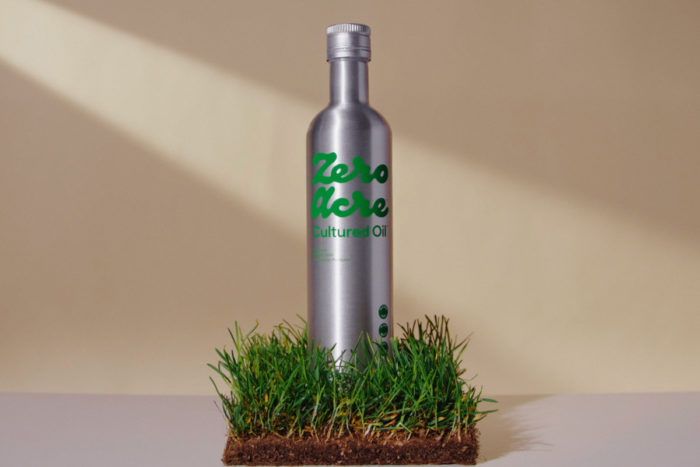
One explanation for the link between increased vegetable oil consumption and chronic health issues is the way the body metabolizes omega-6 linoleic acid. In the body, linoleic acid breaks down into a number of harmful compounds like aldehydes, which are also found in cigarette smoke. One aldehyde, known as HNE, is particularly problematic for our health and is only derived from the breakdown of omega-6 fats. High levels of HNE are linked to numerous health issues including Alzheimer’s, heart disease, cancer and more. HNE also appears to play a role in fat accumulation and weight gain in humans and many other species. During cooking, omega-6 linoleic acid undergoes oxidation more readily than other types of fats, resulting in the formation of harmful compounds. A third-party analysis compared the most toxic aldehydes generated by Cultured Oil versus other cooking oils in a pan frying experiment at 356ºF. The results showed that Cultured Oil generated 6-11 times fewer of these aldehydes compared to avocado and olive oil. And compared to high-linoleic oils like sunflower and soybean oil, Cultured Oil produced about 20 times less.
Have you noticed any changes in your own health since using this oil?
My physical health is great and the health of my taste buds has never been better. I love the crispier fried eggs, delicious pan-fried french fries, and occasional brownie made with Cultured Oil!
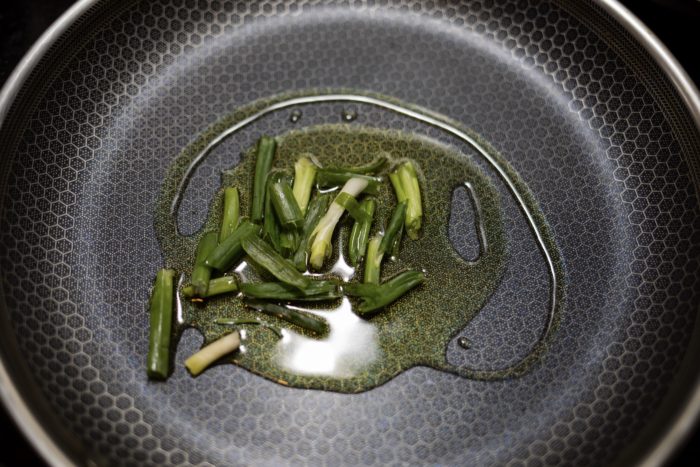
Name one thing you wish more people knew about vegetable and seed oil.
The cells in our bodies are made entirely of what we put in our mouths. When we eat vegetable oils, their omega-6 fats are incorporated into our cell membranes, and because omega-6 fats are more unstable than other types of fats, our cells become prone to damage on diets high in omega-6.
You might get an enormous blood sugar spike and immediately feel the effects of a meal high in sugar. But if you eat a meal full of foods cooked in seed oils, the linoleic acid from that one meal will stay in your cells for years and the effects will be more chronic.
What are your thoughts on oils that are organic, locally grown, stamp-pressed in small batches, and never deodorized or filtered?
Even seed oils that are organic, locally grown, and stamp-pressed in small batches may be problematic for our health if they are high in omega-6 linoleic acid. It is the oils being refined that are bad, not the refining process itself per se. Most avocado oils, for example, are refined, but are not considered unhealthy because of that.
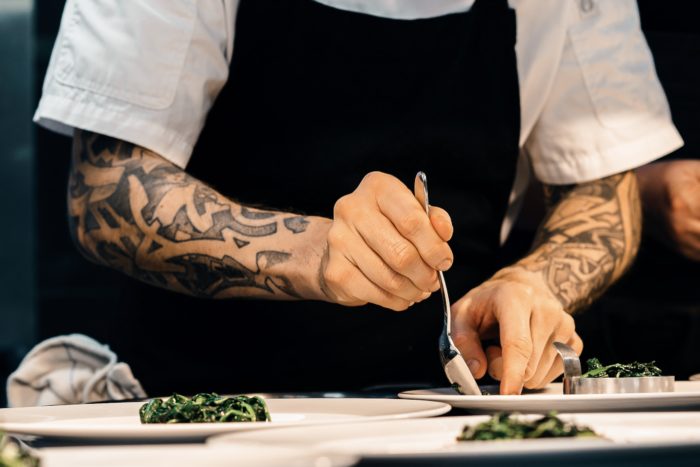
Your website states that the majority of Americans are sick. 6 in 10 Americans have a chronic illness and 4 in 10 have multiple chronic illnesses. How do we get out of here?
Despite rising trends in chronic illnesses, Americans have actually been making positive lifestyle changes in recent decades, such as smoking less, drinking alcohol less, and exercising more. The consumption of saturated fat, cholesterol and sodium has decreased, and we’re eating more fruits and vegetables. Additionally, our caloric intake and consumption of refined carbohydrates and sugar have all decreased in recent decades.
Vegetable oil consumption has continued to rise though, in line with increasing rates of obesity and chronic disease. At the very least, this should prompt us to take a closer look at vegetable oils as a possible culprit behind the rise of chronic disease. And a closer look at the evidence, including multi-year randomized controlled trials, reveals a consistent link between the continuous consumption of vegetable oils, chronic disease and death. Unfortunately, vegetable oils are in nearly everything we eat and now make up 20% of our daily calories. To add insult to injury, more land is devoted to growing vegetable oil crops than to all fruits, vegetables, legumes, nuts, roots and tubers combined. As a result, vegetable oils are leading drivers of deforestation, biodiversity loss, and climate change.
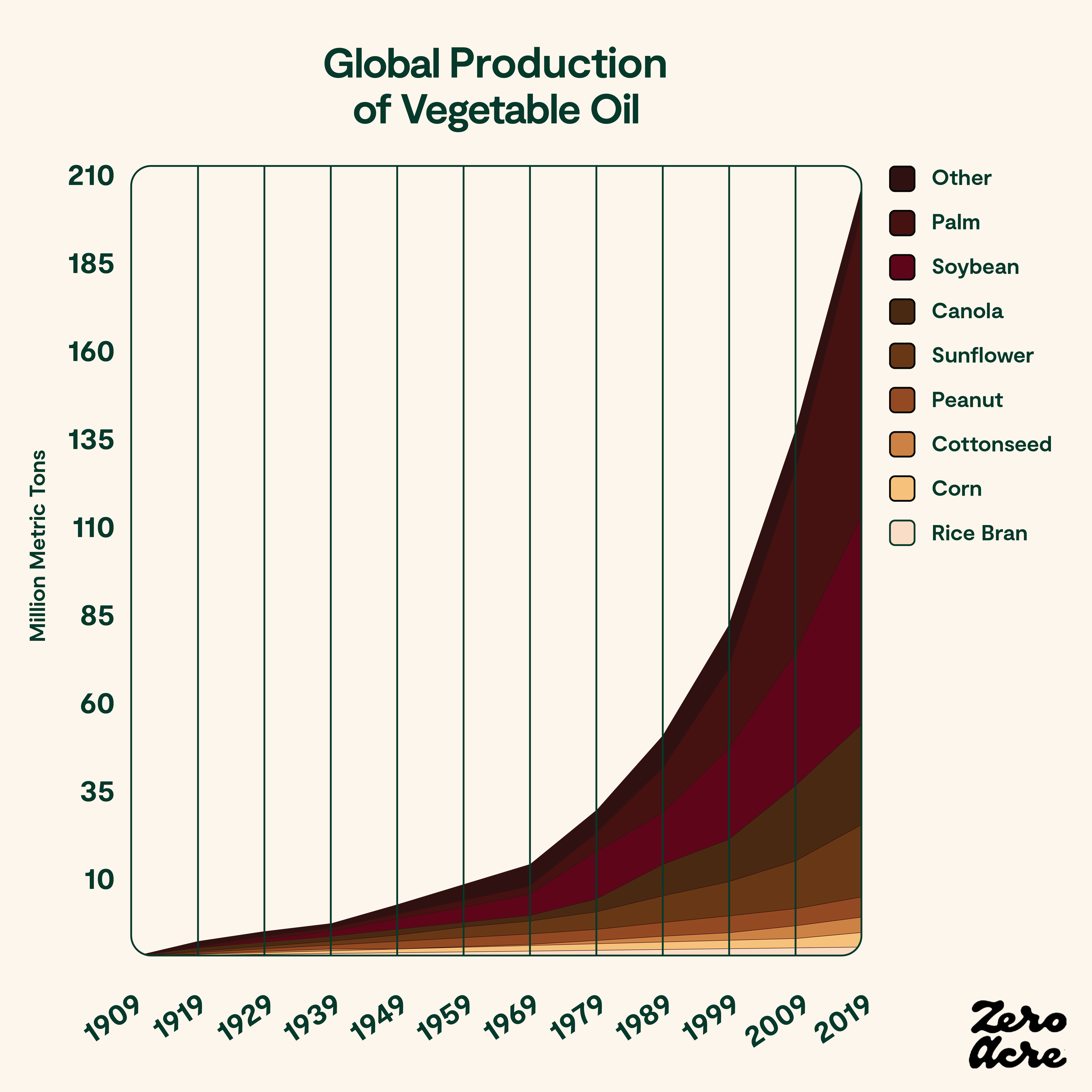
At Zero Acre Farms, we want to replace vegetable oils at scale with healthier, more sustainable oils and fats made by fermentation. The online launch of Cultured Oil is our first step toward displacing harmful vegetable oils, as part of our bigger mission to offer healthy, sustainable, affordable oils and fats for home cooks, restaurants, and packaged foods. Exercising more, eating more whole foods, lessening stress, and strengthening relationships are all good strategies for improving our health (and life expectancy), but removing high omega-6 seed oils—which now account for 20% of our calories—may be one of the biggest levers and the lead domino.

